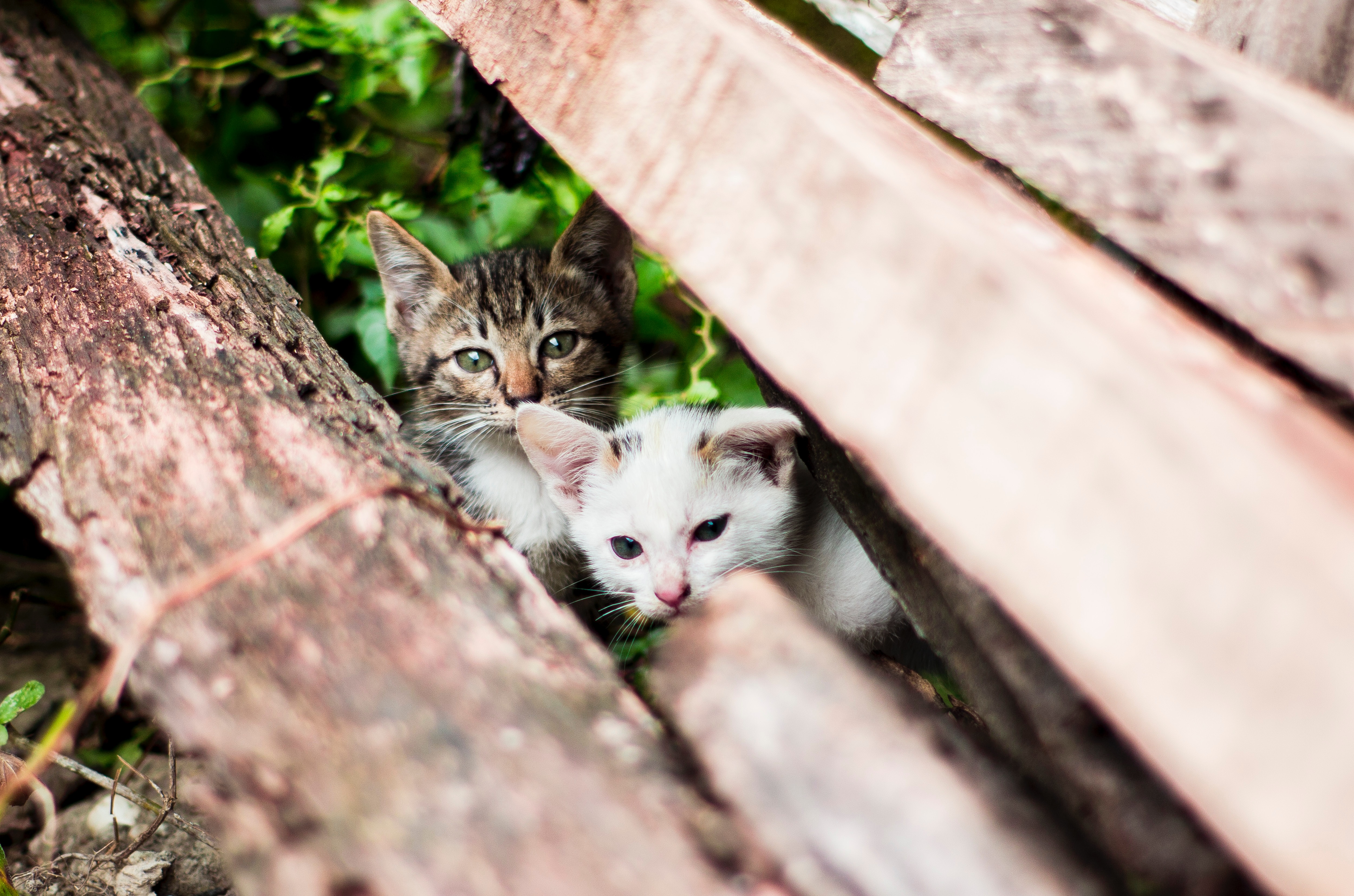News release
From:
Peer reviewed Systematic Review Animals
Wild and feral cats shed more toxoplasmosis parasites in areas densely populated by humans
Feral cat management might help reduce toxoplasmosis infection risk for humans
A new analysis suggests that wild, stray, and feral cats living in areas with higher human population density tend to release—or “shed”—a greater amount of the parasite that causes the disease toxoplasmosis. The study also draws links between environmental temperature variation and parasite shedding. Sophie Zhu of the University of California Davis, U.S., and colleagues present these findings in the open-access journal PLOS ONE on June 21.
Toxoplasmosis is a mild-to-severe disease caused by Toxoplasma gondii, which can infect warm-blooded vertebrates, including humans and many wild or domestic animals; for instance, cats, sheep, mice, birds, and sea otters. Most T. gondii transmission is driven by wild and domestic cats shedding the parasite at a certain stage of its life cycle known as oocyst. However, prior research has primarily focused on T. gondii oocyst shedding from owned domestic cats, with less known about wild, stray, and feral cats.
To boost understanding of T. gondii shedding, Zhu and colleagues analyzed data from 47 previously published studies on both wildcats, such as cougars and bobcats, and unowned free-ranging domestic cats, including stray cats, unowned outdoor cats fed by humans, and feral cats that are not fed by humans. The data spanned regions around the world, and the researchers examined a variety of human- and climate-related factors that could potentially be associated with T. gondii oocyst shedding.
The analysis showed that a greater degree of T. gondii oocyst shedding was observed in places with higher human population density. It also showed that higher mean daily temperature fluctuations were associated with more shedding specifically from domestic cats, and that higher temperatures in the driest quarter of the year were associated with lower shedding from wildcats.
The researchers note that these findings do not prove any causal relationships. However, combined with evidence from other prior studies, they suggest that rising human population density and temperature fluctuations may create environmental conditions that exacerbate the spread of T. gondii and other infectious diseases.
On the basis of their findings, the researchers suggest that policymakers could focus on managing feral cat populations to help reduce T. gondii transmission.
The authors add: “Changes from climate or human activities can affect disease transmission in ways that we don't fully understand yet. In our study we can see how these factors may be associated with changes in Toxoplasma shedding by cats, which in turn can affect the risk of exposure to vulnerable people and wildlife.”



 International
International



